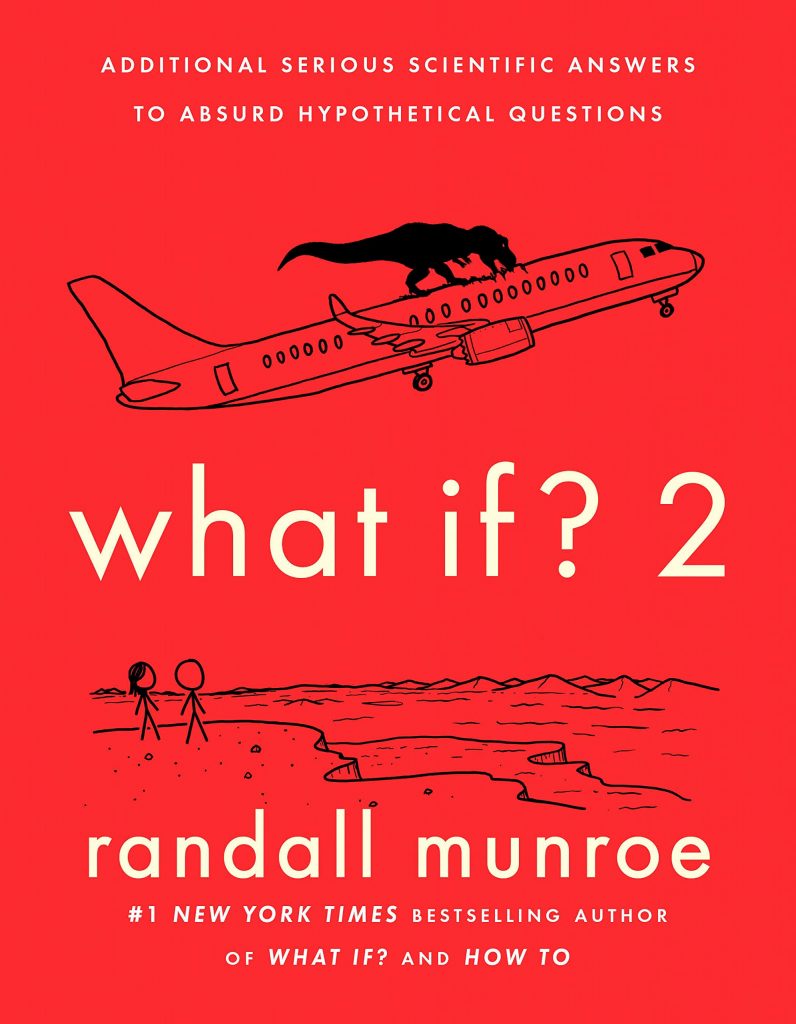Join RANDALL MUNROE—creator of the beloved webcomic xkcd and #1 New York Times bestselling author of What If? Serious Scientific Answers to Absurd Hypothetical Questions—for a discussion of the highly anticipated sequel, “What If? 2: Additional Serious Scientific Answers to Absurd Hypothetical Questions.”
BOOK DISCUSSION DETAILS
[In Conversation with JONATHAN ZITTRAIN]
Tuesday September 13, 2022 7:00 PM ET (Doors at 6:00)
Sanders Theatre
45 Quincy Street
Cambridge, MA, 02138
Get Tickets: https://www.harvard.com/event/randall_munroe_at_sanders_theatre/
About the Author:
Randall Munroe is the author of the number one New York Times bestsellers How To, What If?, and Thing Explainer; the science question-and-answer blog What If?; and the popular web comic xkcd. A former NASA roboticist, he left the agency in 2006 to draw comics on the internet full time. He lives in Massachusetts.

About the Book:
The #1 New York Times bestselling author of What If? and How To answers more of the weirdest questions you never thought to ask
The millions of people around the world who read and loved What If? still have questions, and those questions are getting stranger. Thank goodness xkcd creator Randall Munroe is here to help. Planning to ride a fire pole from the Moon back to Earth? The hardest part is sticking the landing. Hoping to cool the atmosphere by opening everyone’s freezer door at the same time? Maybe it’s time for a brief introduction to thermodynamics. Want to know what would happen if you rode a helicopter blade, built a billion-story building, made a lava lamp out of lava, or jumped on a geyser as it erupted? Okay, if you insist.
Before you go on a cosmic road trip, feed the residents of New York City to a T. rex, or fill every church with bananas, be sure to consult this practical guide for impractical ideas. Unfazed by absurdity, Munroe consults the latest research on everything from swing-set physics to airliner catapult–design to answer his readers’ questions, clearly and concisely, with illuminating and occasionally terrifying illustrations. As he consistently demonstrates, you can learn a lot from examining how the world might work in very specific extreme circumstances.














